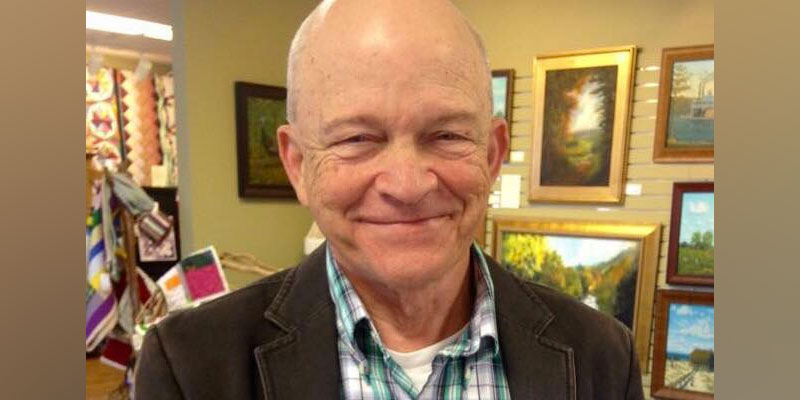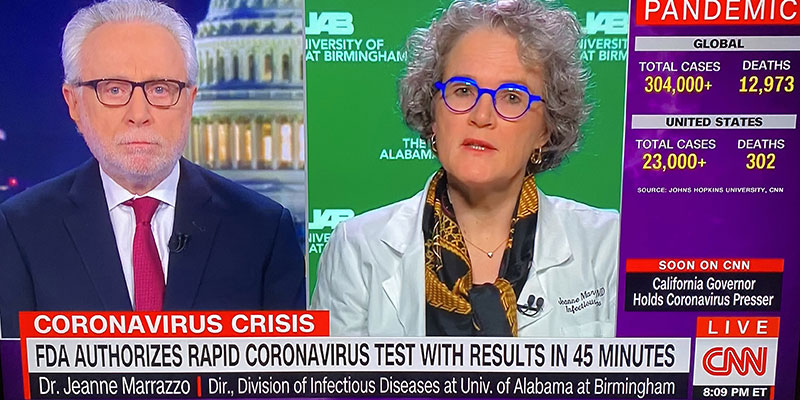I have found that the most traumatic experiences we endure generally must see the light of day, or we are bound by them and to them one way or another. This principle applies to families, but also to cultures. Healthy relationships cannot happen without healthy communication. As individuals and groups of people, we should be able to talk about race and race relations, personally and in the context of our histories and those of the cultures we inhabit—past influences and present, without fear and restrictions, regardless of political affiliation or popularity.
The simple truth is that when real-world experience and concerns are automatically ruled out, we are not addressing race and race relations on the realistic level of people’s lives and relationships. When people with real-world experiences and concerns relevant to them are excluded or exclude themselves, they become roadblocks to progress. This applies in family dynamics if one member is excluded from or refused to address problems the family shares—or never uses the first-person pronoun in addressing them.
As a society, the more people’s stories and perceptions are excluded or downgraded, the less likely we are to make progress. Does not the struggle over the Confederate flag tell us we missed something or somebody? A crisis response is a poor substitute for meaningful conversation that leads to proactive plans. In fact, a crisis response may accomplish something good but, in the process, increase barriers to reaching the heart of the issue or affecting people’s hearts. Not that we should withdraw from addressing the issues illustrated by crisis, but the more effective process is a proactive one that addresses those issues deliberatively and not in the heat of crisis.
Sure, it is much easier to let the politicians and activists do the talking and not express our personal views and feelings, but will our children and grandchildren find the society they live in to be more free of racial division and bitterness if people like us avoid talking about it now? Some believe it will just automatically change as generations change. I see nothing supporting that as a valid assumption. Much indicates otherwise.
I encourage people to tell their personal stories about race and race relations now, and to ask others for the same. Open it up and keep it up. Don’t hesitate to talk about the subject when it’s on your TV, computer or mind. Do not allow it to be the proverbial elephant in the room. Talk about it in church when it applies. Honor the light principle of the Bible. Don’t keep quiet. Talk intra-racially and interracially. Speak the truth in love. Don’t count on “them” to do it—same old, same old.
While it may have its place, trying to find relationship answers on a political or activist level is complicated by dynamics that have nothing to do with relationships. Half a century after the Voting Rights Act was passed, it is time for our country to grow out of its adolescence and into adulthood on the matter of race relations. That means having adult conversations.
S. McEachin “Mac” Otts is the author of ‘Better Than Them, The Unmaking of an Alabama Racist’













